As far as consumer tech news goes, the Department of Justice’s lawsuit against Apple has got to be one of the most talked-about cases in the tech industry in the last decade, as it finally presents the Cupertino company with a foe much larger – and much more formidable – than any company it has squared off before.
Of course in the weeks that followed, many were quick to question the motives and basis for the DOJ’s accusations against Apple, although on the other hand there are users hoping that the case’s outcome will lead to a more progressive future for Apple’s hardware and software offerings, and add a bit more balance to the market, at least according to the DOJ.
![]()
Perhaps one significant issue which will be affected (should the case succeed at least) is the never-ending iMessage and RCS tussle, which at this point has been the subject of never-ending debate and discussion online. Yes, this is only one of many areas surrounding Apple’s walled ecosystem, but it’s also one of the things that first comes to mind when going over the topic. As someone who uses both a Pixel phone and an iPhone as my daily devices, this entire legal saga does have me excited, in a way.
It’s important to note though that Apple has earlier on agreed to start integrating support for RCS, as it announced last year – way before the DOJ lawsuit. There was even this whole back-and-forth around the same time between Apple and Nothing, and subsequently Beeper Mini as the latter two entities attempted to allow Android users to use iMessage on their devices.
READ: Apple Finally Announces RCS Support for iPhones; Roll-out Expected Next Year
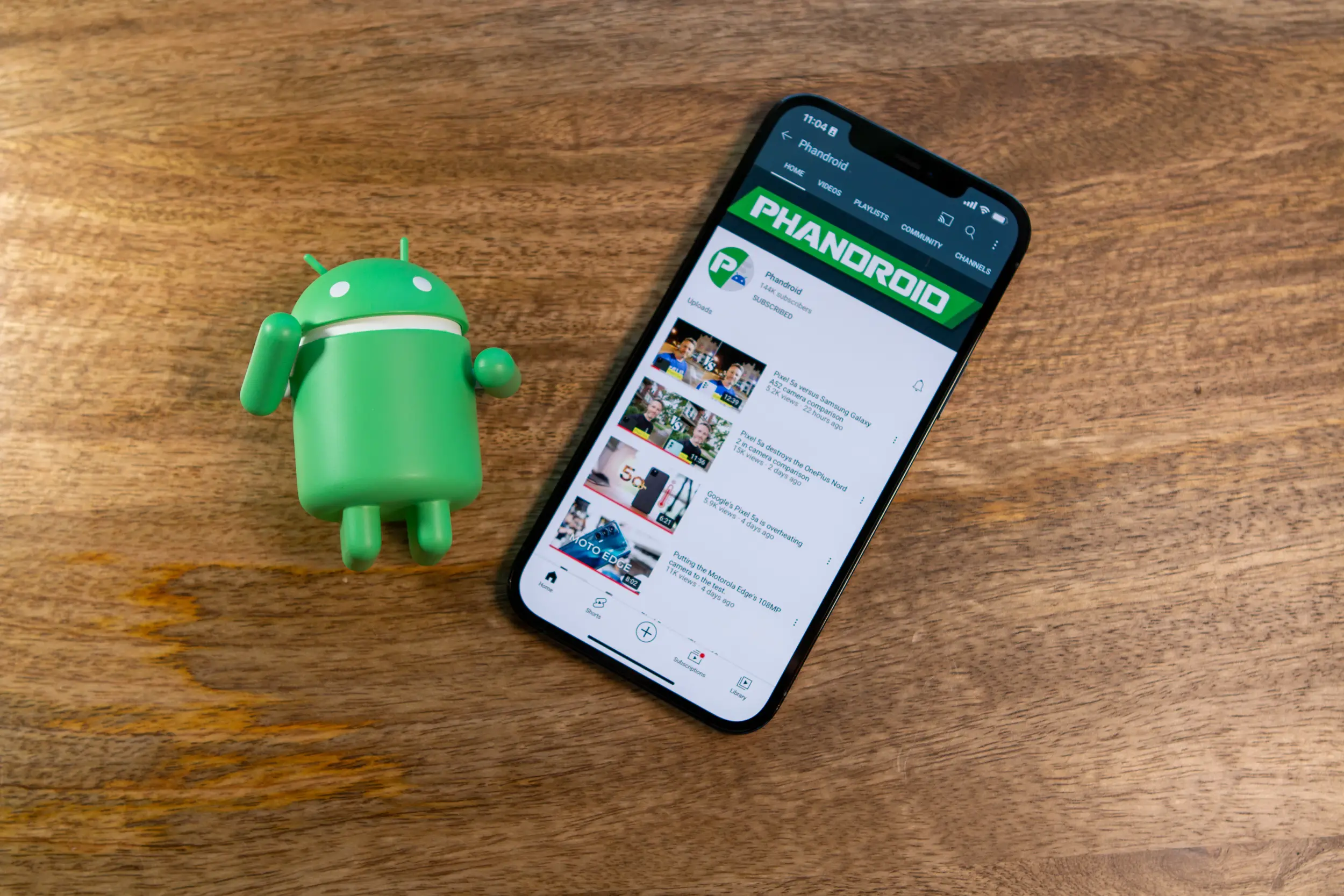
Of course, how Apple implements RCS support is another matter altogether. It’s no secret that the company isn’t a stranger to occasional bouts of malicious compliance – take for example the implementation of its app sideloading feature. While it technically complies with mandatory regulations set forth by the European Union, the way that Apple goes about doing it adds a layer of difficulty to both developers and users, instead of the much simpler route that’s available on Android (as most initially expected). Who’s to say that its self-pronounced support for RCS won’t go the same route?
We then cycle back to the DOJ lawsuit. Perhaps having this in play will be enough to prompt Apple into adopting and integrating RCS in a proper manner, without a catch-22 involved. And as far as the “stigma” surrounding blue and green bubbles goes, who knows? This might even impact on how the whole social phenomenon with text message colors is perceived, but that’s another story for another time.
![]()
If the lawsuit is successful and Apple moves toward making significant changes to its hardware and software, there’s little doubt that both Android and iOS users will have something to benefit from this entire ordeal. For one, folks using Android devices will no longer have issues when it comes to connectivity and communicating with iPhone users, and the latter group will no longer have difficulty sending files, media, and whatnot to their Android counterparts.
Looking at the bigger picture, these might seem like minor changes of course, but they are ones worth looking forward to.

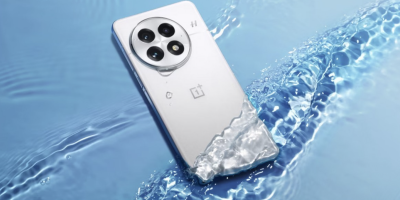
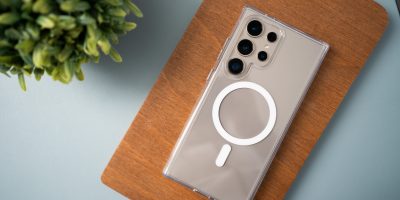
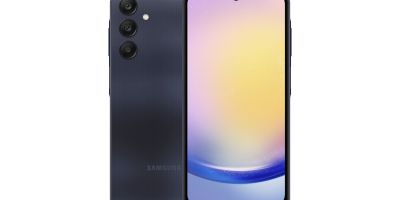
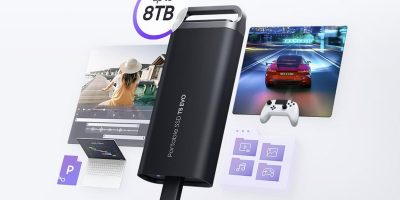

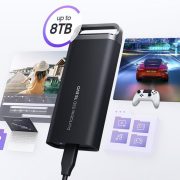


Comments